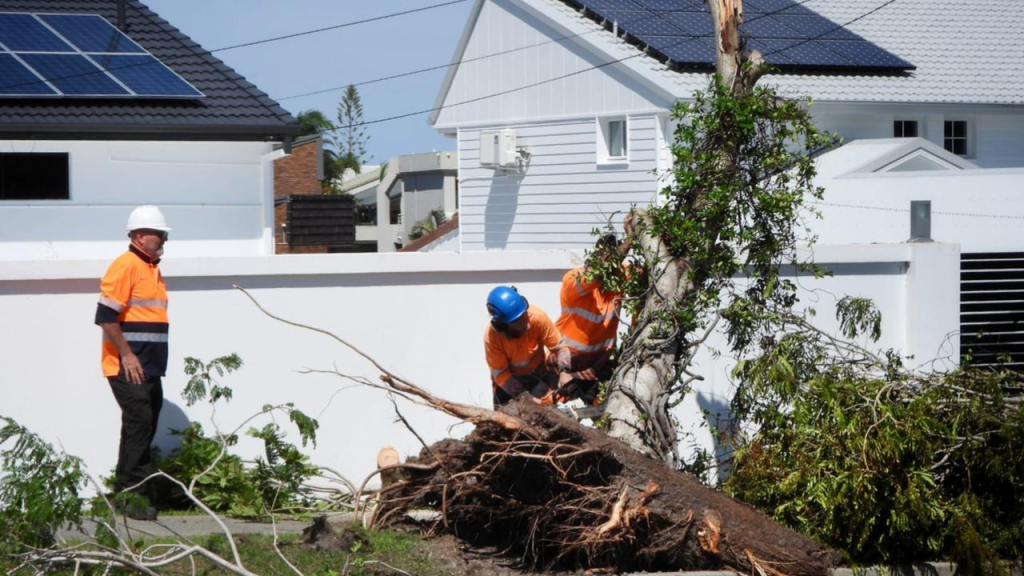While the ATO put most overdue tax collection on hold during the COVID-19 pandemic, it has recently recommenced some debt collection activity. This includes the issuing of Director Penalty Notices (DPN). This article explores Director Penalty Notices and what happens if you receive one.
Directors become personally liable for a penalty equal to the value of certain company tax obligations, including superannuation, PAYG withholding and GST, if they are not paid when due. To commence proceedings to collect these amounts from a director, the ATO must first issue the director with a DPN.
What are the different types of DPNs?
The options available to a director when they receive a DPN depend on its type. There are two types of DPNs:
- A ‘Non-Lockdown’ DPN can be issued where:
- a company has lodged business activity statements (BAS) and instalment activity statements within three months of the due date; and
- has lodged superannuation guarantee charge (SGC) statements within one month and 28 days after the end of the quarter that contribution relates to; but
- has not paid the amounts owed.
- A ‘Lockdown’ DPN can be issued where a company has not lodged their BAS or SGC statements within the above timeframes and not paid the relevant amounts.
If a director receives a Lockdown DPN, they must pay the penalty or rely on one of the relevant statutory defences, such as director illness, if applicable.
If a director receives a Non-Lockdown DPN, there are other options available within 21 days to avoid the penalty.
What options are available to directors to repay a tax debt?
Prior to the pandemic, the options available to directors in a Non-Lockdown DPN were:
- The company’s tax liability is discharged;
- The company went into administration;
- The company went into liquidation; or
- The company entered into an arrangement under section 255-15 in Schedule 1 to the Taxation Administration Act 1953 (Cth) (i.e. a payment arrangement).
The options available to a director within 21 days are now:
- The company complies with its obligation to pay the unpaid amount to the ATO;
- The company goes into administration;
- The company appoints a small business restructuring practitioner (SBRP); or
- The company goes into liquidation.
Markedly missing is the option for the company to enter into a payment arrangement. Significantly, this means that directors can no longer avoid personal liability for a penalty under a Non-Lockdown DPN by causing the company to enter into a payment arrangement in relation to the outstanding liability within the 21 days.
The removal of the payment arrangement option will inevitably mean that more directors who receive DPNs will put their companies into administration or liquidation or appoint a SBRP.
What do I do if I receive a Director Penalty Notice?
If you do wish to defend a DPN, there are a limited number of statutory defences available, including:
- The director had a serious illness
- The director took all reasonable steps to ensure compliance with its obligations, or there were no reasonable steps that could have been taken
- In the case of an unpaid SGC liability, the company applied the Superannuation Guarantee (Administration) Act 1992 in a particular way that was “reasonably arguable”.
To avoid personal liability, you must not ignore the notice. You need to contact your Arabon accountant straight away to begin communications with the ATO and take action toward the most appropriate steps for your situation.






